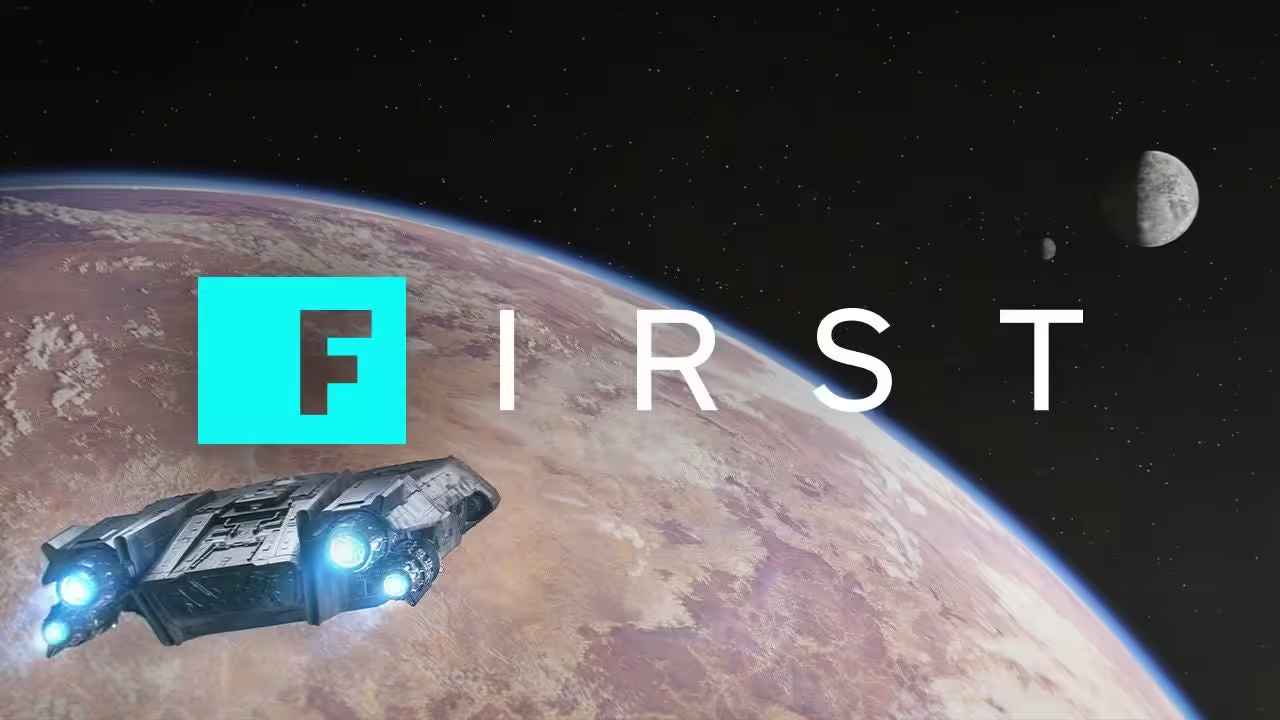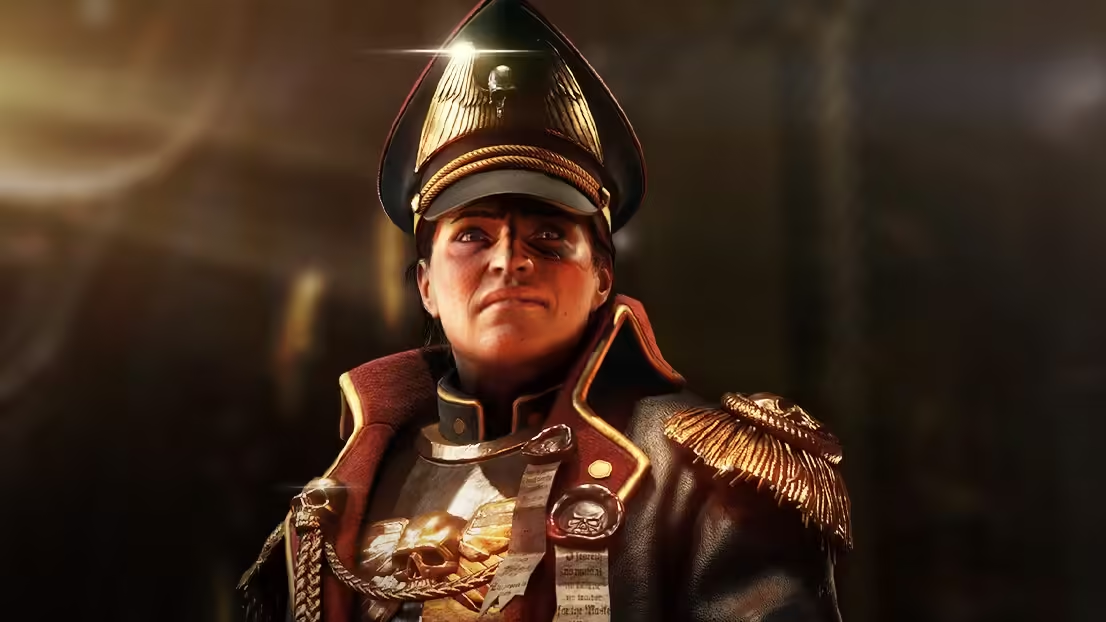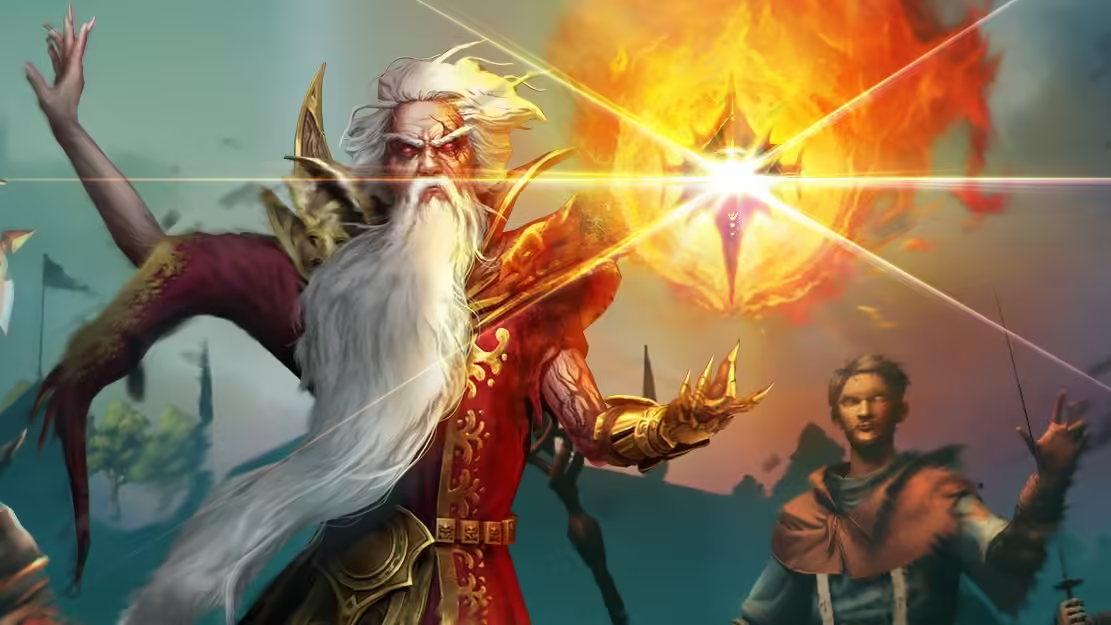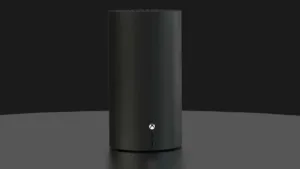How Star Wars Outlaws Fulfills the Starship Fantasy – IGN First
Estimated reading time: 9 minutes
Lightsabers, blasters, and Jedi robes are all important parts of the universe’s iconography, but Star Wars just wouldn’t be Star Wars without ships. X-Wings. TIE Fighters. The Millenium Falcon. Just a quick look at any of these famous spaceships conjures up daydreams of freedom and adventure among the stars. And so, unsurprisingly, spaceships are kind of a big deal for Star Wars Outlaws.
“I’ve been a Star Wars fan for decades, and the space side of things is in particular quite important to me,” says Allen Frank, senior game designer at Massive Entertainment. “I grew up on games like X-Wing and TIE Fighter, Rogue Squadron.”
With five distinct, deeply detailed open worlds to explore in Outlaws’ galaxy, you’d be forgiven for thinking the inky black space surrounding each of them would be a little empty in comparison. But Massive has applied much of the same design ethos that it uses planetside to the outer space regions.
“There’s a lot to do,” says creative director Julian Gerighty. “There’s secrets to discover. There’s exploration, you can scan for opportunities. And of course there’ll be living world events or ‘living space events’.”
In an effort to bring the galaxy to life, a variety of NPC routines will break out into organic events. A freighter may come under attack from pirates, or the Empire may pull over a smuggling ship, and you’ll be free to intervene or stay back. Wrecked ships cast out distress beacons, but are they a source of riches or a trap? It’s events like these that will fill out the vacuum of space between Outlaws’ planet surface gameplay.
Between those moments, you’ll likely want to find a place to moor up, stretch your legs, and scout for new opportunities. That’s where space stations come in, which function akin to the cities you’ll explore planetside. “There’ll be a cantina, there’ll be a bar, there’ll be people to talk to, there’ll be opportunities, there’ll be sabacc [playing card] tables, there’ll be secrets, there’ll be exploration,” lists Gerighty.
There’s secrets to discover. There’s exploration, you can scan for opportunities.
While outer space features some contracts and activities similar in scope to what can be accessed on the ground, Massive faced a distinct problem when it came to adventuring among the stars. “[Space in] Star Wars is a black space with stars, mostly,” says Benedikt Podlesnigg, Outlaws’ art and world director. “It’s very hard to make something with that because there’s no points of interest there.”
The answer was to push the visuals of space in Star Wars further than we typically see in the movies and TV shows. Each planet had to be surrounded by regions of space that looked unique, which in turn would offer interesting gameplay challenges.
“We have a ‘regulated space’, that’s the space that the Empire controls, which is our black space with stars,” Podlesnigg explains. “And then we have our unregulated space, which is the dangerous part you see [around the moon] Toshara. You see the dust cloud, the debris field. If you go in there it’s going to be more dangerous. It’s not Empire controlled. You will not see big freighters going into those, but there’s the pirates and so forth that might attack you.”
Surrounding the planet of Akiva is a dense asteroid field which promises its own challenges. Massive refuses to detail what surrounds the remaining three worlds in Outlaws’ galaxy, but promises each will “give some fun stuff for the players to do.”
One of the most impressive things about Star Wars Outlaws is that space is not exactly a separate entity or ‘level’ from the planet surfaces. When Massive talks about Outlaws being an open world, the idea applies at the galactic level, not just the planetary – all five of its worlds plus the space in between make up the game’s ‘open world’. That means there’s a level of connectivity between ground and space. For example, if you become wanted by the Empire, its troops will pursue you from the surface to the stars.
“So if you get into trouble on the ground and you manage to get away into space, you’re still going to have that wanted level up [in orbit],” says Frank. “[And] the same thing the other way around. Obviously the Empire is not just going to let you get away.”
There’s a lot of technical work that goes into creating that sense of a full open galaxy, but there’s one aspect that’s absolutely crucial: the seamless transition between land and space.
“It’s one of the first things that we wanted to do,” says Gerighty. “To have this player connection with the entire journey of a scoundrel. And that includes taking off from a station, [or] a landing pad in a city, or in a settlement and going into orbit and landing on a space station. All of those things are so important to this idea and to the consistency of the experience in general.”
“I think taking the player out of the experience into a loading screen kind of kills the immersion a little bit,” says Frank. While there technically are loading barriers between regions of space, they are disguised by Star Wars’ iconic hyperspace visuals, which ensures players feel connected to the experience at all times. Landing on planets, though, is a little more complicated; you can’t just throw up some extending star trails to disguise the transition. To truly feel like you’re breaching a planet’s atmosphere and landing on the surface in one smooth motion requires the Snowdrop engine upon which Outlaws is built to perform some impressive digital wizardry.
Taking the player out of the experience into a loading screen kind of kills the immersion.
Stephen Hawes, Outlaws’ lead technical artist, reveals that while it feels like you’re in control during the whole landing process, there is a certain amount of automation. In orbit you’ll choose a landing location from a menu and the game will then shift your ship, the Trailblazer, to a suitable position to begin the descent. “Then we start furiously unloading everything from behind you and start loading everything on the new map in front of you,” he says.
During that process the Trailblazer goes through a “blend” transition in which it is held in place. Layers of cloud cover provide the illusion of descent while the engine loads the planet’s surface. “Once we finish loading, then we move you again back through the clouds, and that’s when you fly it down to the planet surface. We do a camera cut to the realisation, and then you disembark at the location, everything being loaded.” In motion, the result is as immersive as anything in No Man’s Sky.
Talking of the Trailblazer, it’s one of the many new additions to the canon created by Massive. It’s the only remaining example of a prototype cargo freighter, and so is not based on any existing ship in the Star Wars universe. That meant the art team had almost free reign when it came to what the Trailblazer looked like (provided it had that retro, ‘70s-inspired aesthetic, of course.)
“We need to have it very sturdy,” says Podlesnigg. “It contains valuable cargo, but also it needs to be very manoeuvrable because it needs to [evade] people who want to steal all that cargo. So my first reference was actually a turtle, because out on land they’re not very agile, but in the water they can be fairly agile and they can use the jet streams to their advantage to be really fast.”
A turtle doesn’t exactly look very mechanical, though, and so Podlesnigg also looked to more recognisable influences for the Trailblazer’s many details. The shape of its front vents, for instance, are based on the lines of a Ford Mustang.
While most of the Trailblazer’s design is set in stone, there’s a certain amount of customization available for players. You can buy and upgrade offensive options, including a turret and various missiles, to help fend off anyone who’d try and steal away your smuggled cargo. And then there’s some aesthetic options, including different colour schemes and adjusting the ship’s exhaust effects, too.
While there’s clearly been a lot of effort put into bringing the experience of flying the Trailblazer to life, it’s important to note that Star Wars Outlaws isn’t secretly a flight simulator. The act of flying in Outlaws is a far cry from the hardcore sim systems seen in the old X-Wing and TIE Fighter PC games, or even Star Wars Squadrons from a few years ago. “We didn’t really want to lean into a more sim experience because Star Wars is for everyone,” says Frank.
“There’s some stuff that you can do, there’s abilities to repair your ship and your shields and stuff, there will be a little bit of light management of that with things on cooldowns,” he explained. But in terms of controlling the Trailblazer, it’s all designed to be fun and accessible with “familiar controls.” You certainly won’t need to worry about diverting power from your weapons to your shields.
During Outlaws’ time window between The Empire Strikes Back and Return of the Jedi, Han Solo is trapped in carbonite. Despite that, it’s clear that Star Wars Outlaws is attempting to deliver a proper Han Solo simulator, and you can’t have the full package without a Millenium Falcon analogue. With the Trailblazer and the many space gameplay systems it fits into, it seems like Massive Entertainment may just have cracked that side of the fantasy. We’ll find out for sure when Star Wars Outlaws punches into hyperdrive (AKA launches) on August 30.
Matt Purslow is IGN’s Senior Features Editor.









